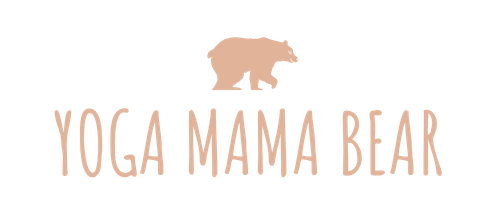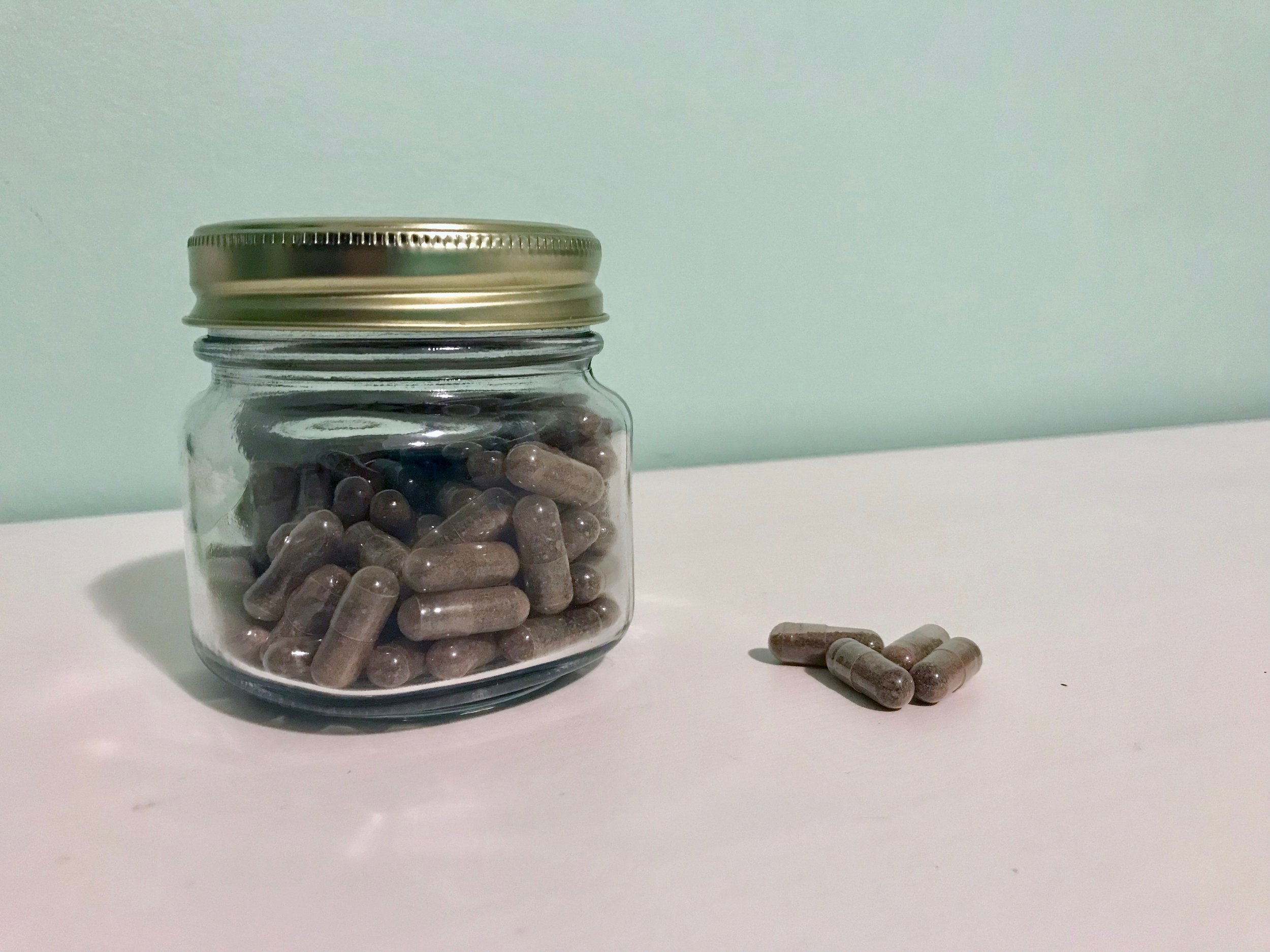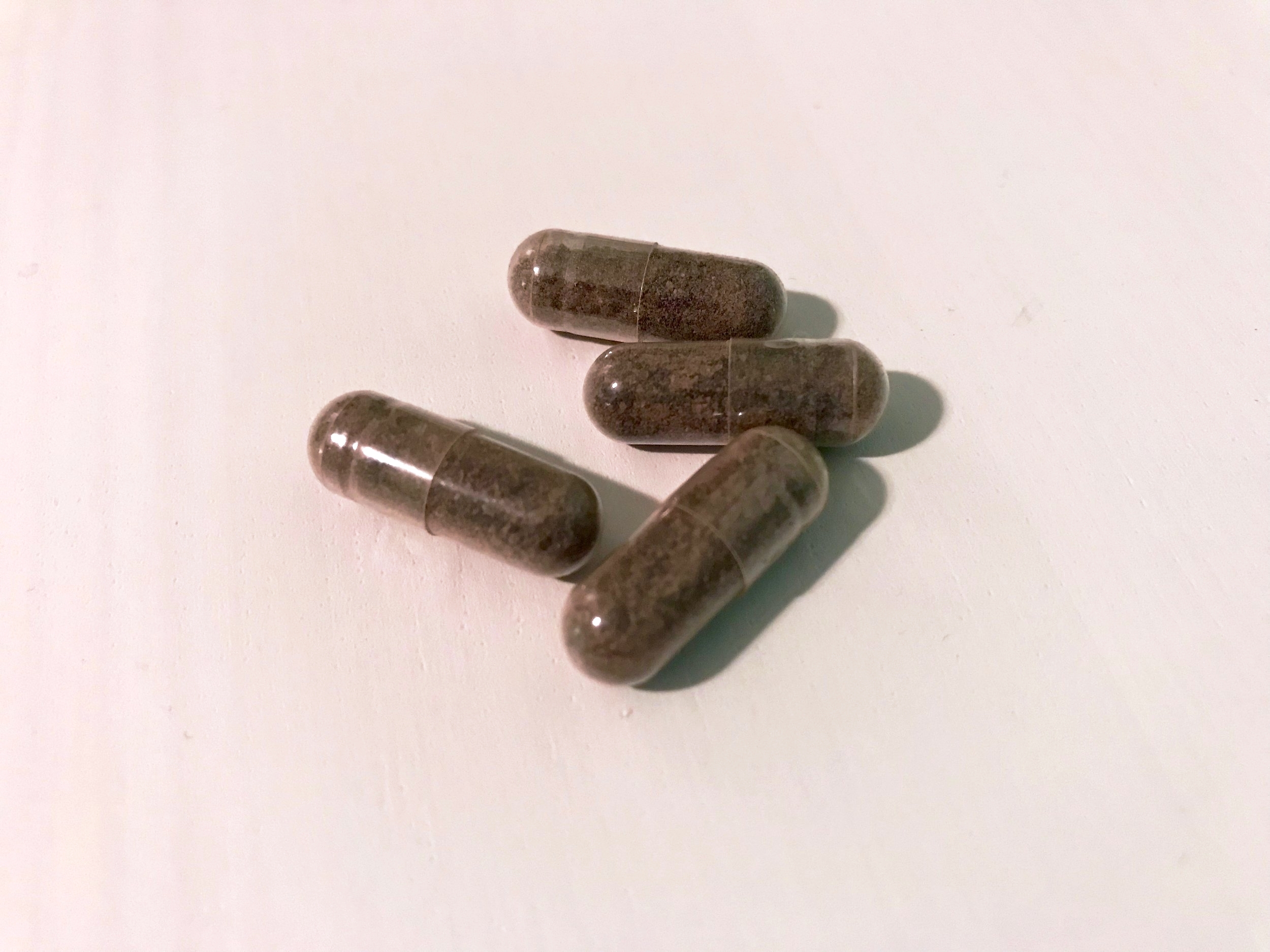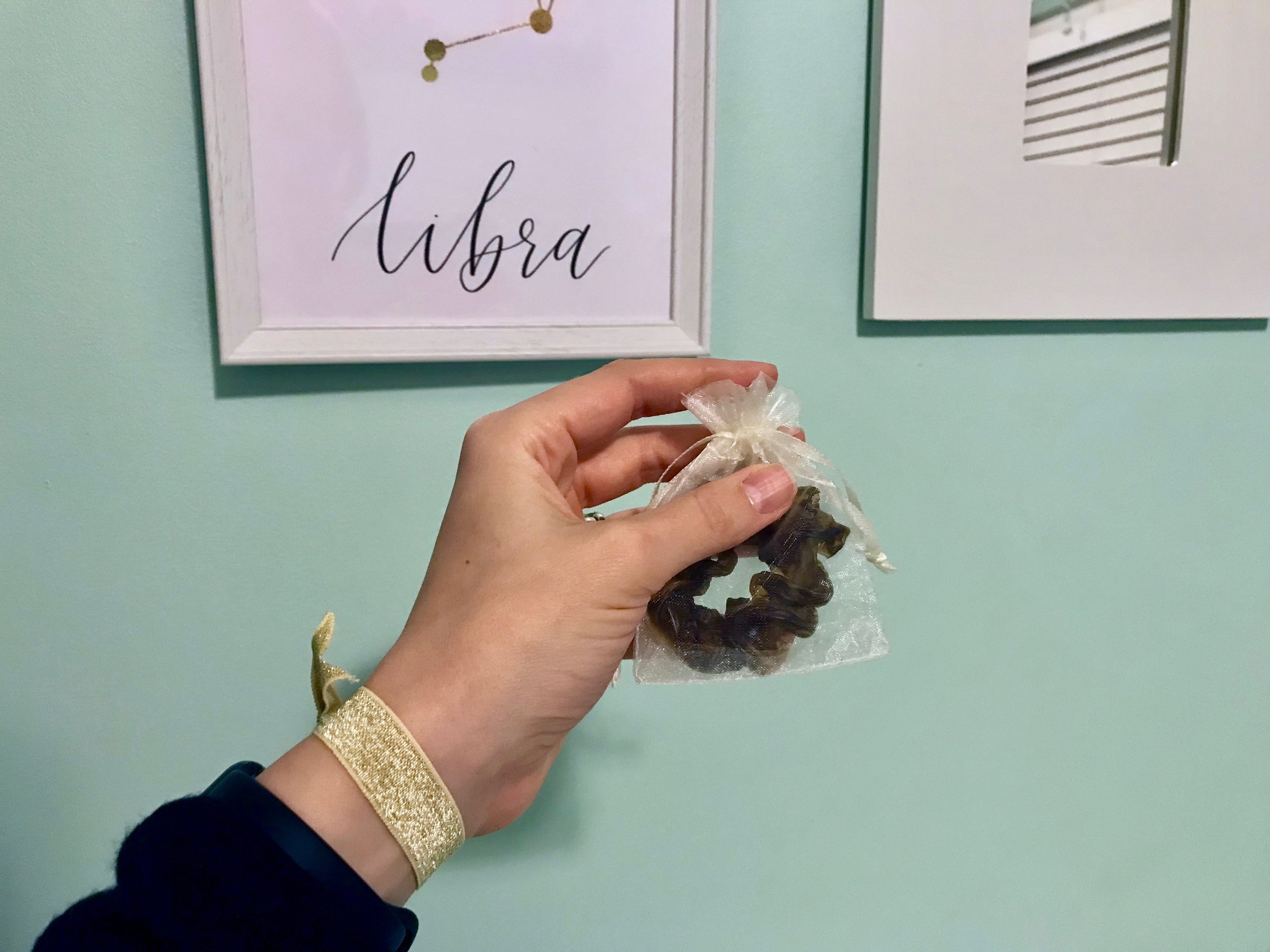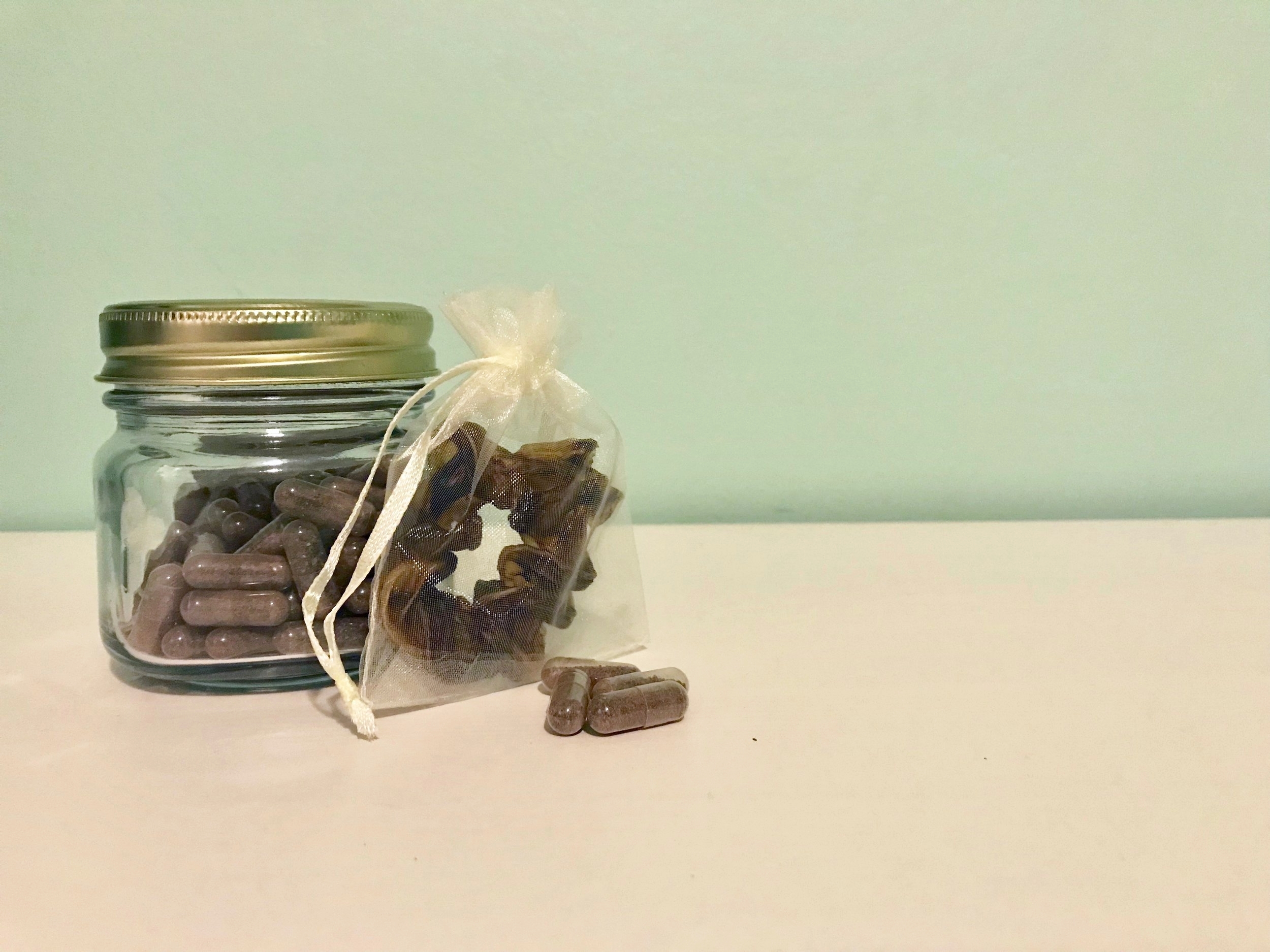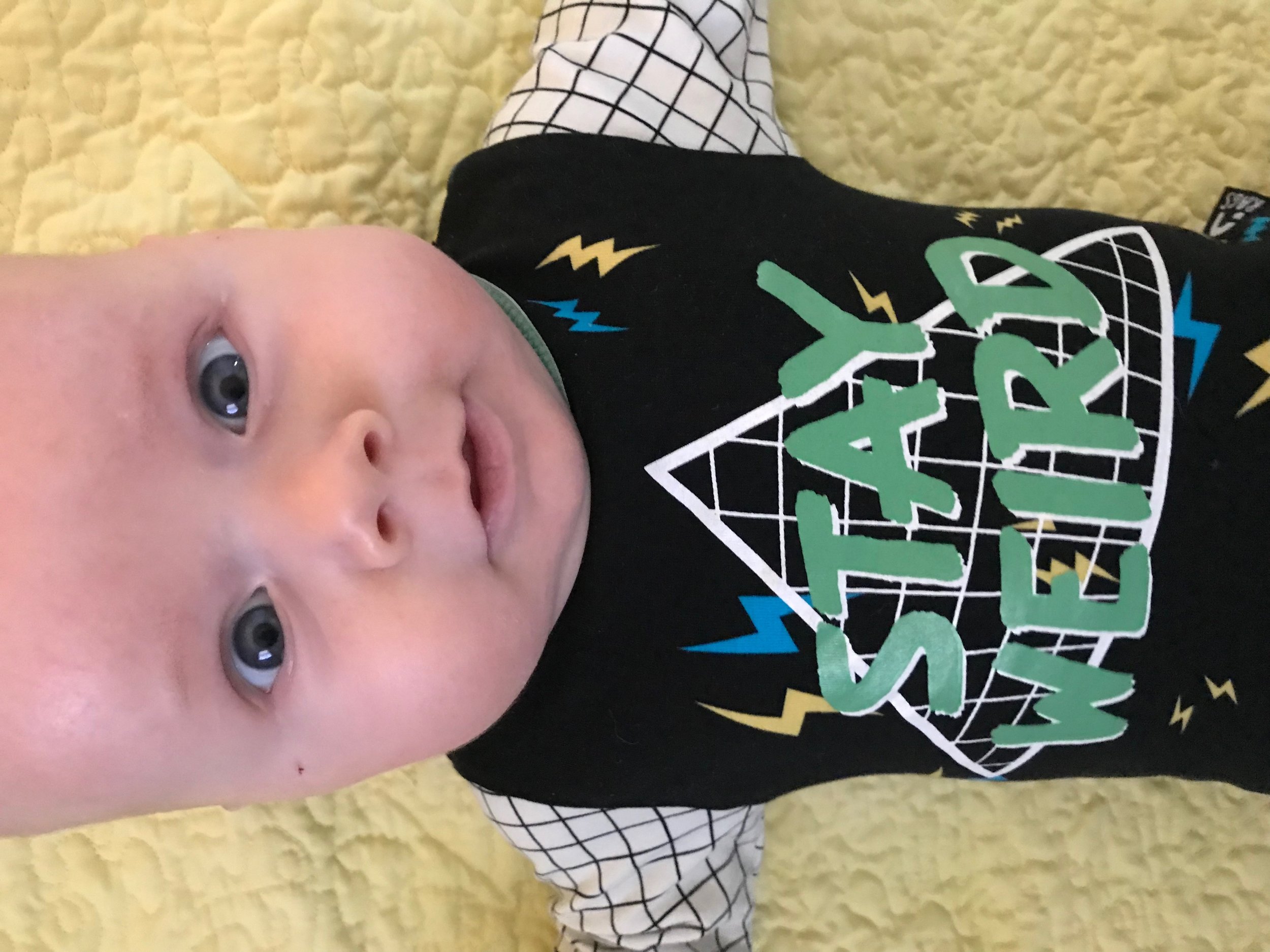Yes, I ate my placenta. Here’s what happened.
Look, I didn't grab a fork and steak knife and dig in. I'm not THAT barbaric.
I had my placenta encapsulated.
What is placenta encapsulation?
Placenta encapsulation is a process where the placenta is steamed, dehydrated, ground and placed into pills.
You begin taking the placenta pills as soon as they are ready after your delivery. It's important that the process happens quickly so your placenta doesn't "go bad", and that it's kept on ice until it can be prepared.
The doula who encapsulated mine gave specific instructions on how many to take — starting with multiple doses a day and tapering off until I was done. I can't say this is how it's always done but that's how I did it!
She also gave me the umbilical cord as a little keepsake. I don't know what one does with your child's umbilical cord ... so far it's just been sitting in a drawer ... but I'm glad to have it anyway.
The benefits of placenta consumption
Unfortunately, like most holistic medicine, not much scientific research has been done on the benefits of placenta consumption. Most of the evidence is anecdotal. Here are some of the supposed benefits.
- Decreases risk of postpartum depression
- Restores iron levels in the blood
- Increases milk production
- Boosts energy
- Encourages your uterus to shrink to its normal size
- Helps encourage bonding with your baby (by releasing oxytocin)
- Increases CRH, a stress-reducing hormone
The risks of placenta consumption
Believe it or not, there aren't many risks involved. Here's what the American Pregnancy Association has to say about it:
"Placental encapsulation appears to carry no inherent risk if ingested solely by the mother. Some mothers have reported experiencing negative symptoms such as dizziness or jitteriness after taking the pills."
Of course, you wouldn't want just anyone preparing your placenta pills. Much like you wouldn't want just anyone preparing the meat you eat, though I'd guess that freaks you out less because that's "normal" meat consumption.
And it's certainly not something to try to DIY.
The doula who prepared mine has years of experience, a special kitchen she uses solely for preparing placentas, and has been trained and certified. (Yes, there's a certification.)
Why I chose to encapsulate my placenta
Even though I was skeptical, there are a few factors that led me to the decision to encapsulate.
1. It seemed natural
Did you know that most mammals consume their placentas? I'm talking like, almost all of them except humans and camels. The fact that our fellow mammal friends instinctually do this makes the whole concept seem more natural to me and less weird/gross. Perhaps it used to be an instinct to us as well, but we're so far removed from our primal instincts that it's been ignored.
2. All the cool kids were doing it
I don't mean the Kardashians (even though Kim and Kourtney did). By cool kids I mean this has been going on — particularly in Chinese medicine — for centuries.
3. It sounded like it could make postpartum recovery a breeze
All the benefits I listed before sounded amazing. Postpartum depression is serious. Not bonding immediately with — and even feeling detached from — your baby is apparently a normal experience. Milk production felt important. A baby's gotta eat, right? It all felt too good to be true, which is why I was skeptical. Which leads me to the final reason.
4. Lots to gain with not much to lose
I asked my midwife what her thoughts were and if she could shed some light on the risks and benefits of placenta encapsulation. Her response made a lot of sense to me and was the final push that made me decide to go for it: "It can't hurt you, and it might help you. So there's nothing to lose, but there might be something to gain."
I figured, why not? Even if I experienced just one of the benefits on the list, it would be worth it.
My placenta encapsulation "results"
Memphis is my first child so I've never experienced the postpartum period without placenta pills. I can't say whether or not all of the benefits I experienced were related to the pills or whether my body is just a rockstar at postpartum recovery, but I can say that all of these things were true for me.
- I didn't experience depression or have the "baby blues"
- The bond with my son did come immediately and only grew (and continues to grow)
- My stomach (uterus) shrank back down considerably within a few days of giving birth, and back to its "normal" size within a two weeks
- My milk production has never been an issue — just yesterday morning I pumped 9 ounces in less than 10 minutes ... and also have you seen my child's cheeks?
Would I do it again? Absolutely. If there is a "next time" I will definitely consume my placenta.
Given the circumstances (if you missed everything that went down, I shared the birth story here), my postpartum recovery went great. Maybe it was because I ate my organ. Maybe not. But that maybe is enough for me to do it again.
And as a bonus — the pills are also thought to help ease the effects of menopause. SIGN ME UP! I'm storing my extras in the freezer for that rainy day.
